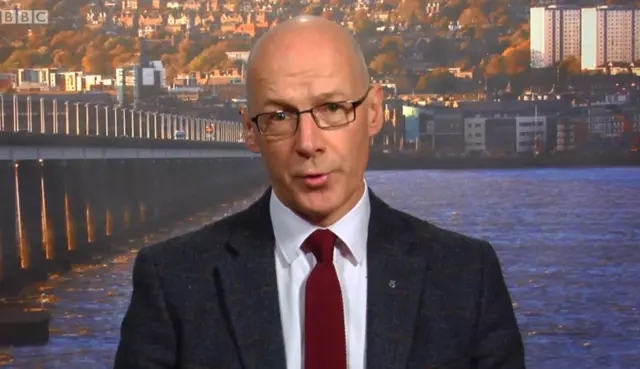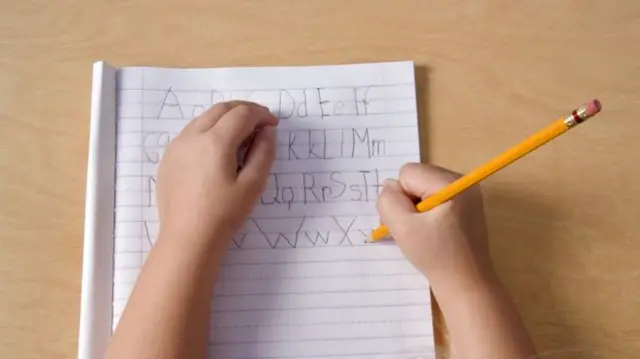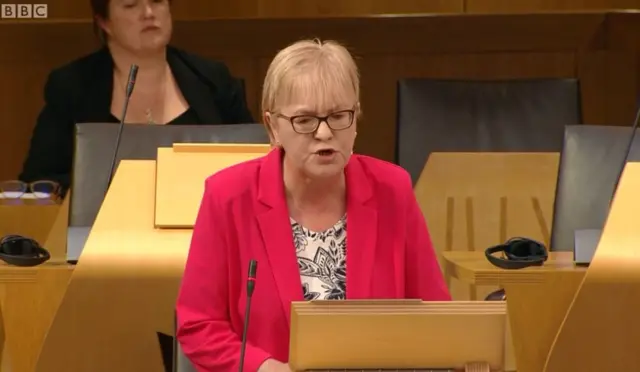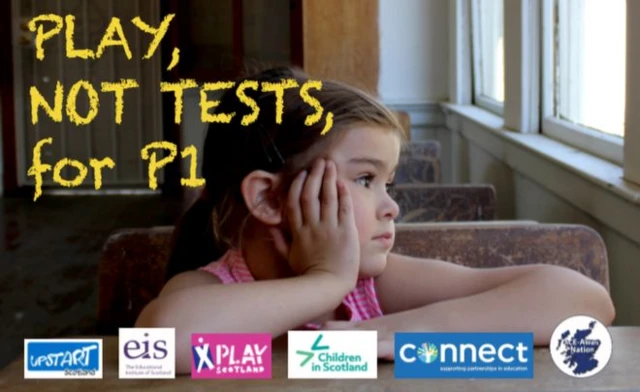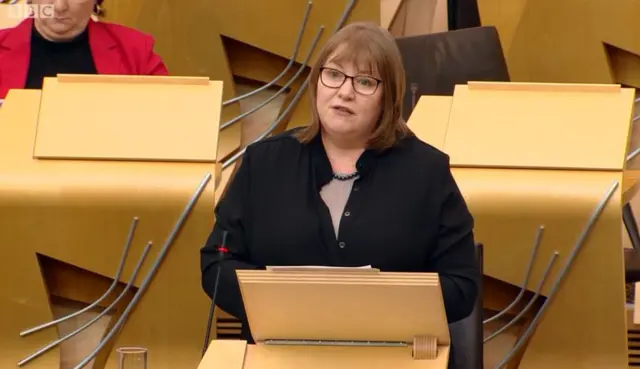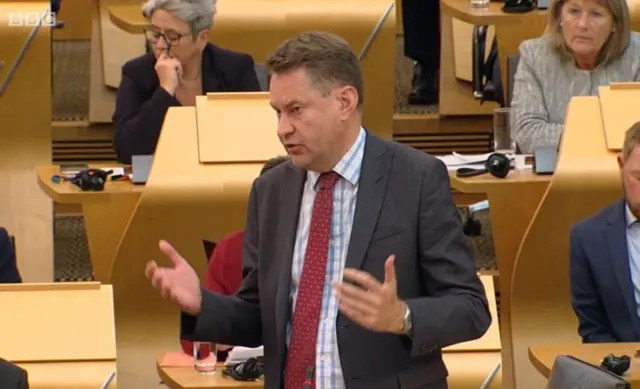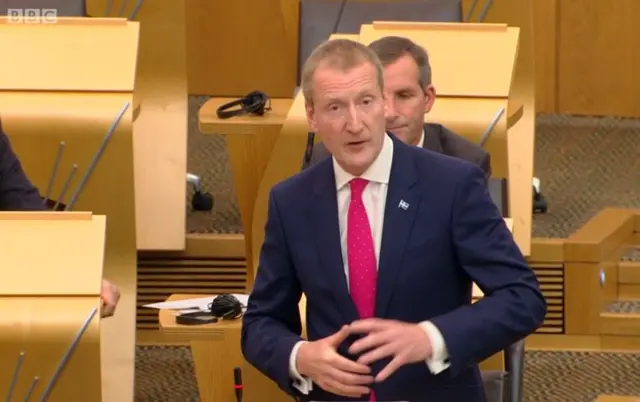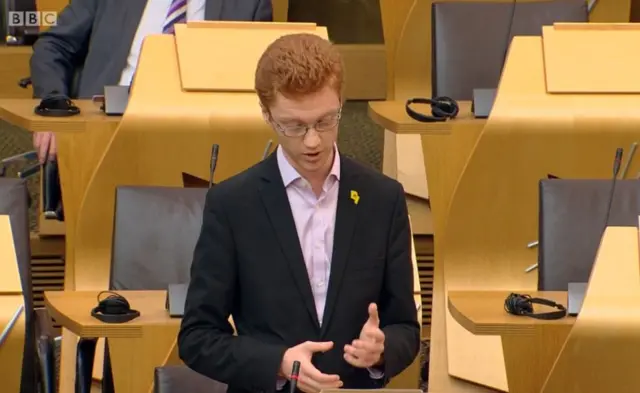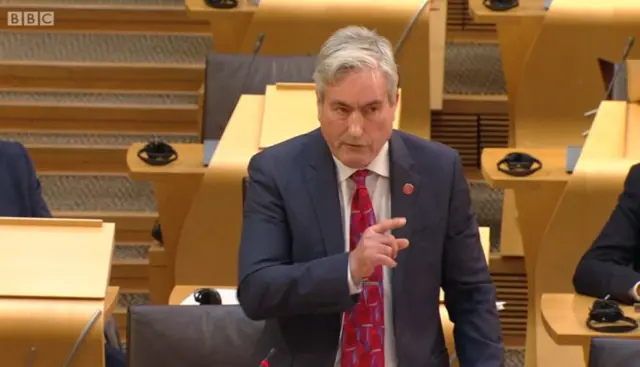Background: Are they tests?published at 16:25 BST 19 September 2018
Jamie McIvor
BBC Scotland education correspondent
It depends what you mean by a test. The government has stressed all along that the P1 assessments are not "high stakes testing". A child's performance in the assessment has no direct consequences for them - the child does not pass or fail the test and the results are not used to set or stream them although teachers may find diagnostic information useful.
The fundamental purpose for the assessment is to gather benchmark data on the literacy and numeracy of children by the time they start their formal education - children from disadvantaged backgrounds can be around 18 months behind their peers from better off backgrounds. By carrying out assessments in P1 it's possible to get a sense of the point children have reached before schools or teachers could have made a difference.
The assessments are marked automatically so teachers can get immediate feedback.
